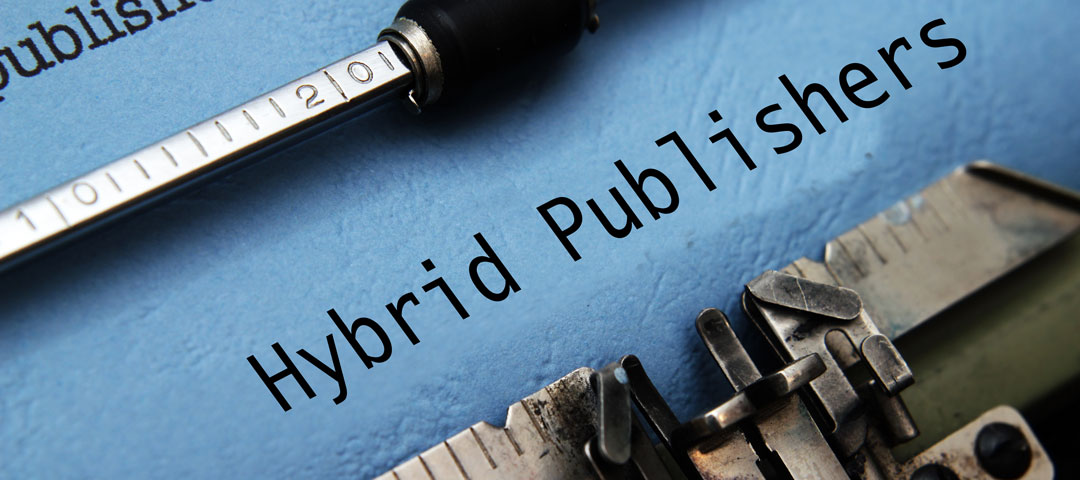Are you someone who is a new author looking for ways to publish work? Or are you someone who is in search of the differences between traditional and hybrid publishing for an author? If that is the case, then you have found yourself coming to the right article.
Here we will be taking an in-depth look at what the two publishing’s are, their pros and cons, and how different they are from each other. So without further ado, let’s dive right into it.
Understanding traditional publishing
For those of you who are not aware of what traditional publishing is, they are simply a form of agreement that is made with the author during the time of publishing work such as a book or any writing of sort.
Money is paid to the author in advance in royalties and once the advance has been earned, the author can then pay back to whom they lend money. It must be kept in mind that it is in this scenario that the publisher of the author takes on the entire responsibility to publish the author’s work and get an exclusive right to it.
Some of the things that they cover include the cost of design, editing, marketing, promotion, as well as the inventory of the final book.
The majority of the publishers out there make help from the traditional conglomerates whose job is to review and sign off hundreds, if not thousands, of books every year for different authors out there.
Hybrid publishing
On the other hand, hybrid publishing makes use of self and traditional publishing to deliver a mix of the two. Now it must be noted that in this scenario, the authors and publishers both take the risk of bringing a book to the market despite the several challenges associated with it.
Although, just like traditional publishing, where the publisher has some form of autonomy when it comes to deciding the type of book and author they will publish, they also have some level of selection that the author should consider before working with them.
The great thing about hybrid publishing is that the advanced payments are lower; however, hybrid publishers are expected to pay higher royalty rates than other publishers. Not just that, but some hybrid publishers also offer the authors some level of distribution such as through retail channels, proprietary websites, and much more.
On top of that, with hybrid publishers, some authors are expected to show that they have an audience or amount of funding that could help them cover the expenses while publishing the book.
Waiting duration
Now you probably might be asking yourself the question; how long does each publication really take? Well, to your luck, the answer to that question is a relatively easy one.
It must be kept in mind at all times that most publishing options, whether it be traditional or hybrid publishing, will require you to wait a certain period of time.
You cannot simply expect your work to magically be fast and get published. It is up to you to decide whether you are willing to wait for months, a year, or longer.
Average speaking, though, traditional publishing can usually take up to two or three years for a wide variety of reasons.
The reason behind this is that traditional publishing will take your work, which is a book, and slot it into an existing publishing schedule that allows for a considerable amount of time for promotional planning and editorial development.
In the case of hybrid publishing, you can expect to have a few months for your manuscript to turn into a printed book.
The reason why you would have to wait for such a long time with hybrid publishing is because of the requirements it takes, finding a publisher, book cover, royalty fees, attracting an audience, proving finances, and much more.
Benefits of hybrid publishing
Now that you are clear on what hybrid publishing is, you might be wondering about some of its pros so that you can better differentiate between the two.
Perhaps one of the most amazing benefits of hybrid publishing is that it allows for your book to be completely edited by the publisher. We all know how long it takes for a book to get edited and the amount of time it requires, but with help.
With a professional publisher, you have nothing to worry about. They will make sure to look after grammatical errors, sentences, plot, punctuations, and much more. Moreover, through hybrid publishing, you are able to promote your book on various platforms with the help of your publishers.
By getting the message of your book across different social media platforms, you can attract a huge audience and thus gain higher chances of profit. Not just that but with the help of hybrid publishing, you can rest assured that your book will be placed in the highest of markets out there, where the audience flow rate is high.
Many people out there know that with the help of hybrid publishing, you can expect to receive around 50% of your royalties in a small amount of time.
Pros of traditional publishing
Now that you have a clear idea of the benefits of hybrid publication, let’s take an in-depth look at the pros of traditional publishing and how they are different from hybrid publications.
Many people out there do not know this, but with the help of traditional publication, you can expect to receive an experienced team of people who will be willing enough to help you every step of the way.
They will make sure to take care of everything, from supplying a professional editor and designing a book cover to managing the sales and profit, and much more. Not just that, but with the help of traditional publishing, you can expect to have a good brand associated with your book that overall gives a good look.
This can surely help to amplify your writing career in the future and can help you gain a larger audience for the better. Last but not the least, unlike hybrid publishing, traditional publishing is relatively affordable as you are able to avoid overheated costs. You may receive a smaller percentage of royalty rates, but it does not matter as all the work will be done for you by your team.
The takeaway
So that is it, folks, when it comes to knowing about what hybrid publishing and traditional publishing are. Although from the surface, they may feel like the same type of publishing, in reality, they are two entirely different types, each with its own set of pros and cons.









